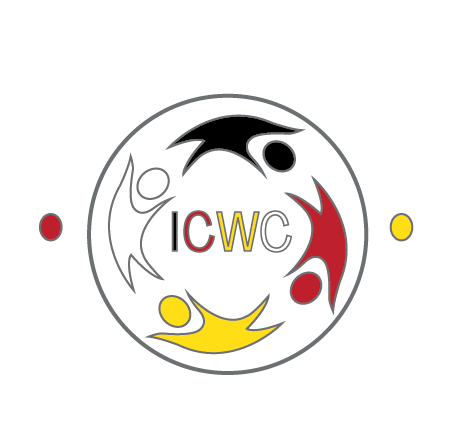The status of Child & Family Services Long Term Reform Agreement
How can Nations develop their Child & family Services laws and exercise their inherent rights?
The Indigenous Child and Family Services Long Term Reform Agreement (LTRA) is a key framework supporting First Nations in delivering culturally appropriate, community-led child and family services. Currently, the agreement is under active review as Indigenous partners and government stakeholders work collaboratively to ensure it reflects the principles of self-determination, equity, and reconciliation. Discussions focus on enhancing funding models, improving service delivery outcomes, and ensuring alignment with federal legislation such as An Act respecting First Nations, Inuit and Métis children, youth and families (Bill C-92). The review process also addresses long-standing concerns about jurisdiction, accountability, and the need for flexible, needs-based funding that empowers communities. While progress is ongoing, many Indigenous leaders stress the importance of sustained dialogue and mutual respect to move from agreements to lasting systemic change. Updates to the LTRA are expected to support a stronger foundation for culturally safe, prevention-focused services rooted in Indigenous laws and values.
First Nations can develop their own child and family services laws by exercising their inherent jurisdiction, as affirmed under An Act respecting First Nations, Inuit and Métis children, youth and families (Bill C-92). This legislation recognizes the right of Indigenous communities to create and enforce laws rooted in their own cultures, traditions, and governance systems. To begin, a First Nation can engage in community consultations, draft its own law, and then notify the federal government of its intent to exercise jurisdiction. From there, coordination agreements may be negotiated with federal and provincial governments to support implementation. These agreements help ensure service continuity, funding,and respect for the First Nation's authority. By developing their own laws, First Nations reclaim control over the well-being of their children, restoring culturally grounded practices and promoting family unity. This process is a vital step toward reconciliation and the recognition of Indigenous self- determination.
